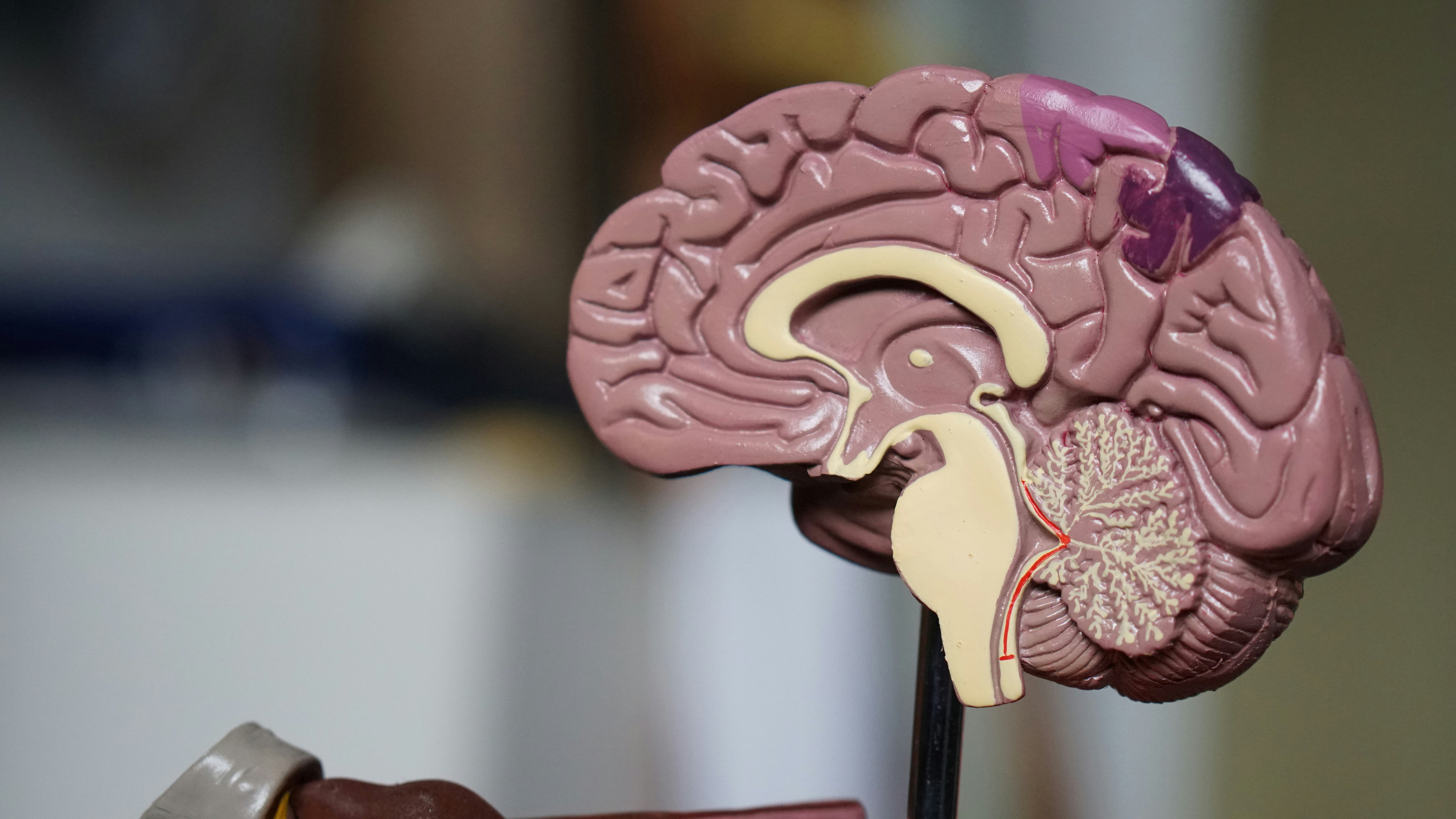Chronobiology: Aligning Your Life with Your Inner Clock
The intricate dance between our bodies and the Earth's natural rhythms has fascinated scientists for centuries. Yet, only recently have we begun to unlock the secrets of chronobiology, the study of how our internal biological clocks synchronize with environmental cues. Could the key to optimal health and well-being lie in harmonizing our daily routines with these innate rhythms?

Chronobiology is revolutionizing our understanding of human physiology, offering groundbreaking insights into how we can optimize our health by aligning our lifestyles with our internal clocks. From sleep patterns to meal timing, and even medication schedules, this field is reshaping our approach to wellness. Let’s explore how tapping into your body’s natural rhythms could transform your health and vitality.
The Science Behind Our Biological Clocks
At the heart of chronobiology lies the circadian rhythm, a roughly 24-hour cycle that regulates various physiological processes. This internal clock is orchestrated by the suprachiasmatic nucleus (SCN), a tiny region in the brain’s hypothalamus. The SCN receives light signals from the eyes, which helps synchronize our internal clock with the external environment.
Research has shown that nearly every cell in our body contains molecular clocks that respond to these circadian signals. These clocks influence hormone production, metabolism, immune function, and even gene expression. Understanding this intricate system provides a new lens through which we can view health and disease.
Chronotypes: Are You a Lion, Bear, Wolf, or Dolphin?
One of the most intriguing aspects of chronobiology is the concept of chronotypes, which describes an individual’s natural inclination towards specific sleep-wake cycles. Dr. Michael Breus, a clinical psychologist and sleep specialist, has popularized four chronotype categories:
Lions: Early risers who are most productive in the morning
Bears: Those who follow the solar cycle, waking with the sun and sleeping as it sets
Wolves: Night owls who feel most alert and creative in the evening
Dolphins: Light sleepers who may struggle with insomnia
Identifying your chronotype can help you optimize your daily schedule, allowing you to work with your natural rhythms rather than against them. This alignment can lead to improved energy levels, productivity, and overall well-being.
Chrono-Nutrition: Timing Your Meals for Optimal Health
The field of chrono-nutrition explores how the timing of our meals interacts with our circadian rhythms to impact metabolism and health. Research suggests that eating in sync with our internal clocks can have profound effects on weight management, insulin sensitivity, and even gut health.
For instance, studies have shown that consuming larger meals earlier in the day and lighter meals in the evening can lead to better weight control and improved metabolic health. This aligns with our body’s natural circadian rhythm, as insulin sensitivity and metabolism are typically higher in the morning and decrease throughout the day.
Moreover, the concept of time-restricted feeding, where all meals are consumed within a specific window (typically 8-12 hours), has shown promise in improving various health markers. This approach leverages our body’s natural fasting periods to enhance cellular repair and metabolic function.
Chronotherapeutics: Timing Medications for Maximum Efficacy
Chronotherapeutics is an emerging field that applies chronobiological principles to medical treatments. This approach recognizes that the efficacy and side effects of medications can vary depending on when they are administered relative to an individual’s circadian rhythm.
For example, research has shown that taking blood pressure medications at night, rather than in the morning, can lead to better blood pressure control and reduced risk of cardiovascular events. Similarly, the timing of chemotherapy treatments can be optimized to maximize efficacy while minimizing side effects.
As our understanding of chronobiology deepens, we may see a shift towards more personalized treatment plans that consider not just what medications are prescribed, but when they are taken.
Practical Applications of Chronobiology in Daily Life
Embracing chronobiological principles can lead to significant improvements in various aspects of our lives. Here are some practical ways to align your lifestyle with your internal clock:
Chronobiology Life Hacks
• Maintain consistent sleep and wake times, even on weekends, to reinforce your circadian rhythm
• Expose yourself to natural light in the morning to help regulate your sleep-wake cycle
• Schedule important tasks and meetings during your peak alertness hours based on your chronotype
• Practice time-restricted eating by limiting your meals to an 8-12 hour window each day
• Avoid blue light exposure from digital devices in the evening to support natural melatonin production
• Consider the timing of your exercise routine; morning workouts can help reset your circadian clock
• Align your medication schedule with your body’s natural rhythms for improved efficacy (consult your healthcare provider)
As we continue to unravel the complexities of our internal biological clocks, the potential for improving health and well-being through chronobiological principles becomes increasingly clear. By aligning our daily routines with our natural rhythms, we can optimize our physical and mental performance, enhance our sleep quality, and potentially reduce the risk of various health conditions.
Chronobiology offers a fascinating lens through which we can view and improve our health. As research in this field progresses, we may see a shift towards more personalized, time-based approaches to nutrition, exercise, and medical treatments. By embracing the wisdom of our internal clocks, we can unlock new pathways to vitality and wellness in our fast-paced modern world.





